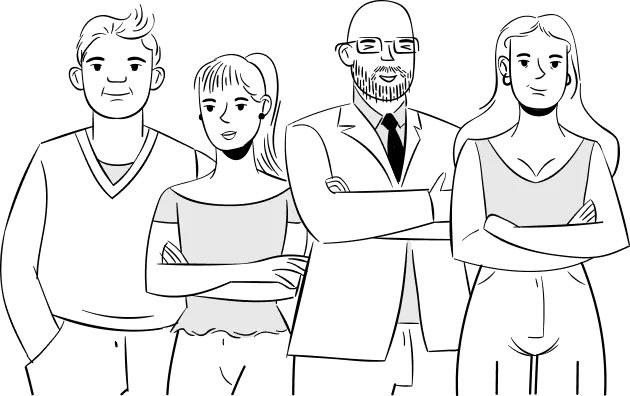Half-day treatment programs are structured, intensive outpatient therapy options designed for those who need significant therapeutic support but cannot commit to a full day of treatment. They typically meet several days a week, for 3 to 4 hours at a time. They can serve as a helpful step down after inpatient care or full-day treatment, to support individuals as they transition back home, or as a step up from conventional outpatient therapy for individuals needing extra structure and support.
Despite clinical hours, half-day programs mirror the clinical excellence found in higher levels of care, offering a blend of individual therapy, group sessions, skill-building workshops, and psychoeducation to address substance use challenges and co-occurring mental health disorders. Individuals can attend treatment sessions in the morning or evenings, depending on what works best with their schedule.
Our integrative care approach at Trinity Wellness Group equips you with practical skills and a supportive community that fosters your emotional well-being, physical and mental health, and spiritual growth. In our half-day treatment program, you have access to a range of services that support your long-term healing:
Please contact our admissions team for assistance with insurance questions, financing options, and to discuss how we can support your treatment journey.

We work with most commercial insurance providers. Contact our admissions team to learn more about finance plans, scholarships, and other payment options.
Yes! Half-day treatment is designed with flexibility in mind. It meets from 9:00 am to 12:00 pm, allowing you to continue attending regular activities.
We understand that each patient’s individual needs are paramount to success, our clinical and medical staff evaluate each patient to determine the most appropriate treatment plan. Contact our admissions office today to discuss your options
Now Accepting Clients